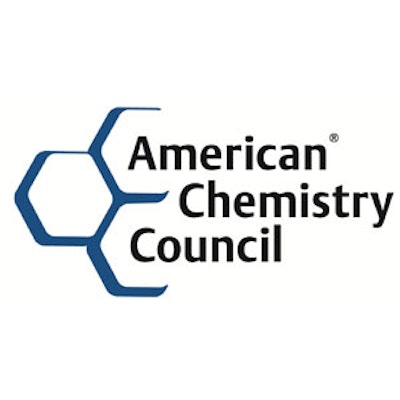
 The American Chemistry Council has asked federal regulators to extend the comment period for proposed restrictions on phthalates in children’s toys, arguing they would set an "irresponsible and scientifically unsound precedent" for future chemical regulations.
The American Chemistry Council has asked federal regulators to extend the comment period for proposed restrictions on phthalates in children’s toys, arguing they would set an "irresponsible and scientifically unsound precedent" for future chemical regulations.
In a letter to U.S. Consumer Product Safety Commission Chairman Elliot Kaye, ACC President, Cal Dooley, wrote that the agency has not addressed previous concerns about the process of developing standards for phthalates, which are used primarily to increase flexibility in plastic products and have been linked to a variety of health concerns.
"Absent an appropriate process that ensures objective and transparent science-based regulatory decisions, neither our member companies nor consumers, public health advocates and the scientific community, can have confidence in the CPSC's rulemaking process," Dooley wrote.
The CPSC — which oversees the safety risks of thousands of consumer products — published the proposed rule late last year. It would, in part, prohibit the use of select phthalates in children's toys and child care products based on a “concern for adverse effects from the cumulative effects of phthalates.”
The comment period for the rule is set to close in mid-March, at which time the agency would consider promulgating a final rule.
The ACC, however, alleged the report used to develop the rule did not meet federal review guidelines, was based on a “novel and unproven” cumulative risk assessment and used "questionable and outdated data."
A report prepared for the group last fall, meanwhile, questioned how banning the widely used chemicals in children's toys would resolve studies showing effects on pregnant women and fetuses.
Christopher Borgert, head of Florida research firm Applied Pharmacology & Toxicology, added on an ACC conference call that "I find a weak scientific basis for doing anything from this report."
ENTRIES OPEN: Establish your company as a technology leader. For 50 years, the R&D 100 Awards, widely recognized as the “Oscars of Invention,” have showcased products of technological significance. Learn more.






















